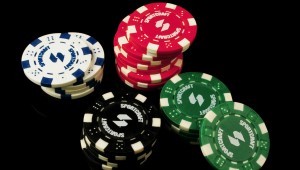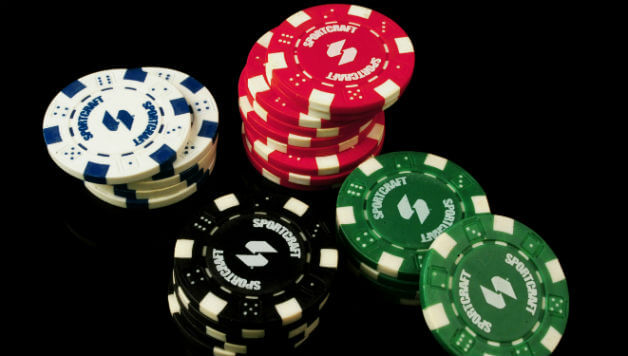 Today, the Second Circuit handed down its decision in United States v. DiCristina, No. 12-3720 (2d Cir. Aug. 6, 2013). The Court reversed the District Court’s order setting aside Lawrence DiCristina’s conviction under the Illegal Gambling Business Act (18 U.S.C. 1955), reinstated the conviction, and remanded the case for sentencing. In doing so, the Second Circuit held that the lower court erred in finding that the Illegal Gambling Business Act (IGBA) includes a separate test for what constitutes gambling in addition to state law. Instead, the Court held that the IGBA has only three elements (1) the gambling business violates the law of the state in which the business is conducted; (2) the business involves three or more persons who conduct, finance, manage, supervise, direct, or own all or part of such business; and (3) the business has been or remains in substantially continuous operation for a period in excess of thirty days or has a gross revenue of $2,000 in any single day. Id. at 16. Because DiCristina did not challenge whether poker was gambling under New York law (and admitted such a challenge would be futile), he violated the IGBA. Thus, the skill/chance question was deemed irrelevant to the appeal.
Today, the Second Circuit handed down its decision in United States v. DiCristina, No. 12-3720 (2d Cir. Aug. 6, 2013). The Court reversed the District Court’s order setting aside Lawrence DiCristina’s conviction under the Illegal Gambling Business Act (18 U.S.C. 1955), reinstated the conviction, and remanded the case for sentencing. In doing so, the Second Circuit held that the lower court erred in finding that the Illegal Gambling Business Act (IGBA) includes a separate test for what constitutes gambling in addition to state law. Instead, the Court held that the IGBA has only three elements (1) the gambling business violates the law of the state in which the business is conducted; (2) the business involves three or more persons who conduct, finance, manage, supervise, direct, or own all or part of such business; and (3) the business has been or remains in substantially continuous operation for a period in excess of thirty days or has a gross revenue of $2,000 in any single day. Id. at 16. Because DiCristina did not challenge whether poker was gambling under New York law (and admitted such a challenge would be futile), he violated the IGBA. Thus, the skill/chance question was deemed irrelevant to the appeal.
The Court went further, however, and found that certain sporadic comments in the legislative history supported its reading that at least some members of Congress intended for the IGBA to apply to poker. Importantly, the Court also held that the question of whether poker constitutes gambling under the IGBA was “purely a question of statutory interpretation, and therefore raises only a question of law,” and thus a jury does not get to decide that question. Id. at 21.



